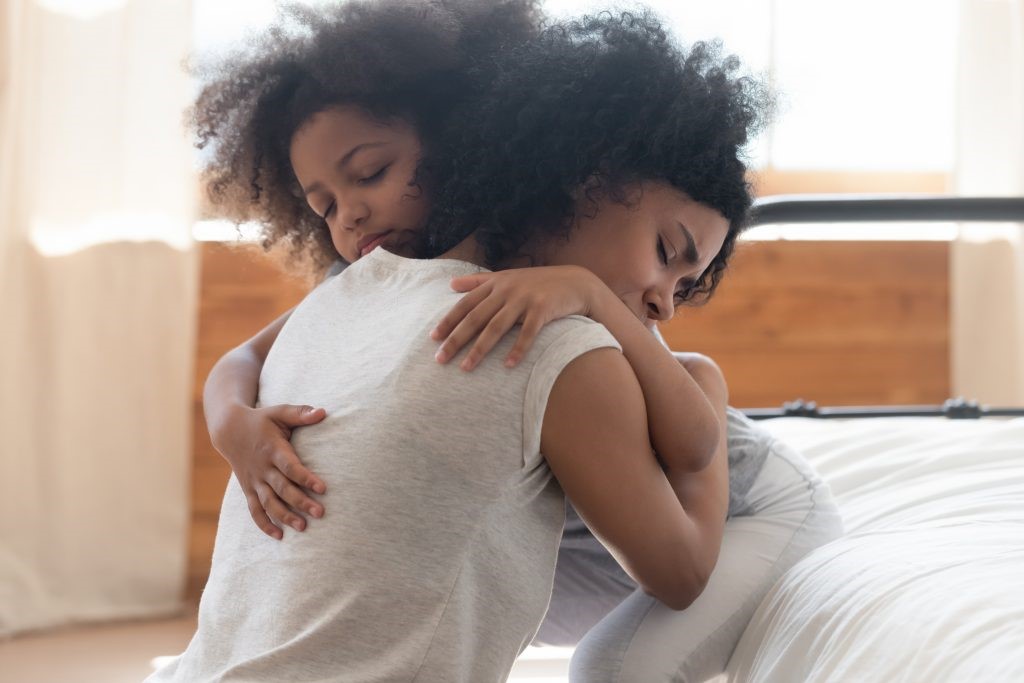Friendship is an essential part of growing up. From the early years of preschool to the teenage years, friendships play a key role in a child’s emotional, social, and even academic development. However, making friends isn’t always something that comes naturally for every child. Some may feel shy, struggle with communication, or simply find it hard to connect with others. As parents, caregivers, or teachers, it’s important to help children learn the skills they need to build strong, healthy friendships that will support them throughout their lives.
This article offers practical strategies for teaching children how to make friends, including building social skills, creating opportunities for interaction, and fostering empathy and kindness.
Why Making Friends is Important for Children
Before we dive into the strategies, let’s explore why teaching children how to make friends is so important:
- Emotional Well-being: Friendships provide children with emotional support, boosting their confidence and self-esteem. They learn to share joys, express feelings, and navigate social challenges.
- Social Skills Development: Making friends teaches children how to communicate, cooperate, resolve conflicts, and understand the emotions of others.
- Academic and Behavioral Benefits: Children with friends tend to feel more motivated and engaged in school. They also develop stronger problem-solving and leadership skills.
- Sense of Belonging: Having friends gives children a sense of belonging and acceptance, which is crucial for their overall happiness and development.

Source: https://static.toiimg.com/thumb/imgsize-1705951,msid-105093084/105093084.jpg?width=500&resizemode=4
Practical Ways to Teach Children How to Make Friends
- Encourage Positive Communication
Communication is the foundation of any friendship. Teaching children how to express themselves clearly and listen attentively helps them connect with others. Here are some tips:
- Teach greetings: Encourage your child to say “hello,” “hi,” or “nice to meet you” when meeting new people.
- Use open-ended questions: Help them ask questions that require more than a yes/no answer, like “What’s your favorite game?” or “Do you want to play with me?”
- Practice active listening: Teach your child how to listen carefully when others speak, and show them how to make eye contact, nod, and ask follow-up questions.
Role-playing different social scenarios at home can help your child feel more comfortable using these skills.
- Teach Empathy and Kindness
Empathy is the ability to understand and share the feelings of others. Teaching children to be kind and considerate helps them form meaningful friendships. Some ways to teach empathy include:
- Talk about feelings: Encourage your child to identify their emotions and discuss how others might feel in different situations.
- Model empathy: Demonstrate caring actions, like comforting someone who is upset, sharing, or offering help when needed. Children learn best by observing their parents or caregivers.
- Praise kind behavior: When your child shows kindness or empathy, praise them for it. For example, “I’m so proud of you for sharing your toy with your friend. That made them really happy.”

Source: https://lh3.googleusercontent.com/proxy/ZXF5bR-PU7DWd-XdBBtDLSVPq1rClvv0ZW2uvPaG8uvwQIZq4FZlEJKYlsgaTghGFc1sb41mGviewdj2FE-sIorwcA
- Create Opportunities for Social Interaction
Sometimes, children need opportunities to practice making friends. Arrange activities where they can interact with other kids, such as:
- Playdates: Invite children from your child’s school, neighborhood, or extracurricular activities for a one-on-one playdate. Keep it short and simple, such as a craft session, park visit, or board game.
- Group activities: Enroll your child in group activities like sports, art classes, or a book club where they can meet peers with similar interests.
- Family gatherings or social events: If possible, arrange family get-togethers with other families that have children around the same age.
These settings provide children with natural opportunities to meet others and practice social skills in a relaxed environment.
- Teach Conflict Resolution Skills
Conflict is a natural part of any relationship, including friendships. Helping children learn how to resolve conflicts peacefully and respectfully is an important skill for building lasting friendships. Here’s how to approach it:
- Talk about healthy ways to express feelings: Teach your child to express how they feel without blaming others. For example, “I feel sad when you take my toy without asking” instead of “You’re mean!”
- Encourage problem-solving: Guide your child to think about solutions when disagreements arise. Ask, “What can we do to make this better?” or “How can you both take turns with the toy?”
- Model calm behavior: Children learn conflict resolution by watching how adults handle disagreements. Show them how to stay calm, listen, and work toward a compromise.
By encouraging your child to handle conflicts positively, you help them develop strong, healthy friendships.
- Support Them in Overcoming Shyness
If your child is naturally shy or introverted, making friends can feel intimidating. Here are some ways to support your shy child:
- Start small: Encourage them to talk to one child at a time rather than trying to interact with a group. Simple one-on-one conversations can feel less overwhelming.
- Praise their efforts: Celebrate any steps your child takes toward making friends, even if it’s just a small gesture like saying hello or sharing a toy.
- Give them time: Let your child know it’s okay to take their time when it comes to forming friendships. Some children take longer to warm up, and that’s perfectly fine.
Being patient and understanding while encouraging small steps can help your child build their confidence in social situations.
Source: https://cdn.kpbs.org/dims4/default/8fe6824/2147483647/strip/true/crop/600×370+0+15/resize/880×542!/quality/90/?url=http%3A%2F%2Fkpbs-brightspot.s3.us-west-2.amazonaws.com%2Fdd%2F32%2Fb2ef62b54b3cbb2a162fa06d4c89%2Fthree-ways-to-help-your-child-build-better-friendships.jpg
- Set a Good Example
Children often model their behavior after adults, especially their parents. Demonstrating good friendship habits at home and in your own relationships sets a powerful example. For example:
- Model respect: Show respect for your friends by being courteous, listening, and resolving conflicts peacefully.
- Show affection: Show love and appreciation to your friends and family. Saying things like “I’m so happy we’re friends” or “Thanks for helping me” teaches children to express gratitude and value friendships.
- Make time for friends: Prioritize friendships in your own life. When children see you making time for friends, they will understand how important these relationships are.
Final Thoughts: Nurturing Lifelong Friendship Skills
Teaching children how to make friends is an ongoing process. As they grow, they will continue to develop their social skills and understand what it means to be a good friend. By supporting them in building positive, respectful friendships, you help set the stage for strong emotional health, social competence, and future success in life.
Friendship is a skill that benefits everyone, and with the right guidance and support, children will learn how to navigate the complexities of relationships, foster meaningful connections, and enjoy the lifelong benefits of true friendship.





